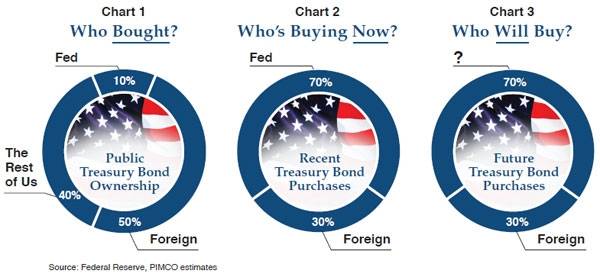Wry Catcher
Diamond Member
- Banned
- #41
Wiemar Republic, anyone?
Hoping for a repeat of the Reichstag fire of 1933 and the rise to power of a new type of 'conservatives' Odd-dude? Knowing you're an extremist I'm not surprised. A champion of liberty for the few, camps for the rest?





